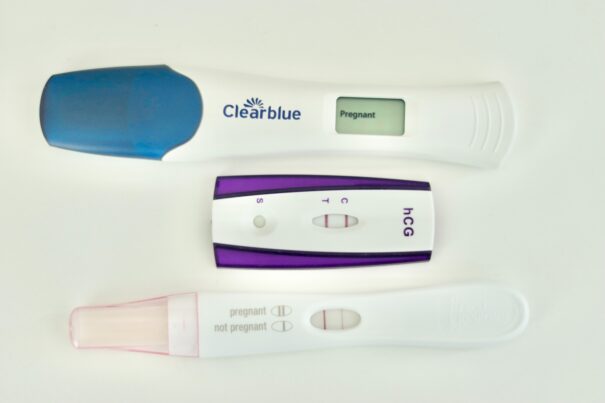In the United States, the path to accessible birth control pills hasn’t always been easy. Although the first FDA-approved birth control pill became available in 1960, the Comstock Act (a 150 year old “chastity law”) has created barriers to accessing it.
These barriers were not challenged until Griswold v. Connecticut in 1965, when the Supreme Court ruled that states could not ban contraceptives for married couples. Yet it wasn’t until 1972 with Eisenstadt v. Baird that contraceptives became available to all people — only if one could obtain a prescription.
Now, the pill will be available over-the-counter with Opill, thanks to the FDA’s approval of it on July 13.
According to the CDC’s data on contraceptive use in the U.S. between 2017-2019, 14% of women between the ages of 15-49 take the pill. This is an increase from the CDC’s data from 2015-2017, which was 12.6%.
There are two kinds of oral contraceptives available to consumers: the combination pill and the mini pill. Combination pills contain both estrogen and progesterone, while mini pills only contain progesterone. While combination pills prevent ovulation from occuring, the mini pill thickens cervical mucus and slows an egg’s movement through the fallopian tubes. Both options are equally effective and available to all consumers, but someone might be more inclined to select the mini pill if estrogen could interfere with other health problems, such as migraines or blood clotting.
Birth control pills obtained via prescription cost between $0-$50 depending on health insurance coverage or if the patient qualifies for government programs. Under the Affordable Care Act, health insurance must cover “female-controlled” contraceptive prescriptions with no out of pocket costs— unless the insurance is provided through an employer that has religious or moral objections.
Opill is a mini pill that doesn’t have a determined cost as of now. Speaking with Johns Hopkins Bloomberg School of Public Health, associate professor of Gynecology and Obstetrics Carloyn Sufrin explained that, “It’s great that it’s going to be over the counter, but that doesn’t mean that everyone’s going to be able to afford it.”
In order for Opill to truly be a step towards making birth control more accessible, it must also be affordable; no matter how accessible it is in stores, cost will ultimately determine its availability to patients. And while Opill does demonstrate progress in providing contraceptives to those that need them, it won’t suit all patients, such as those who need combination pills.
With this in mind, we must celebrate the FDA’s decision while also using it as momentum to work towards making more over-the-counter contraceptive options available. Opill is just the beginning.




